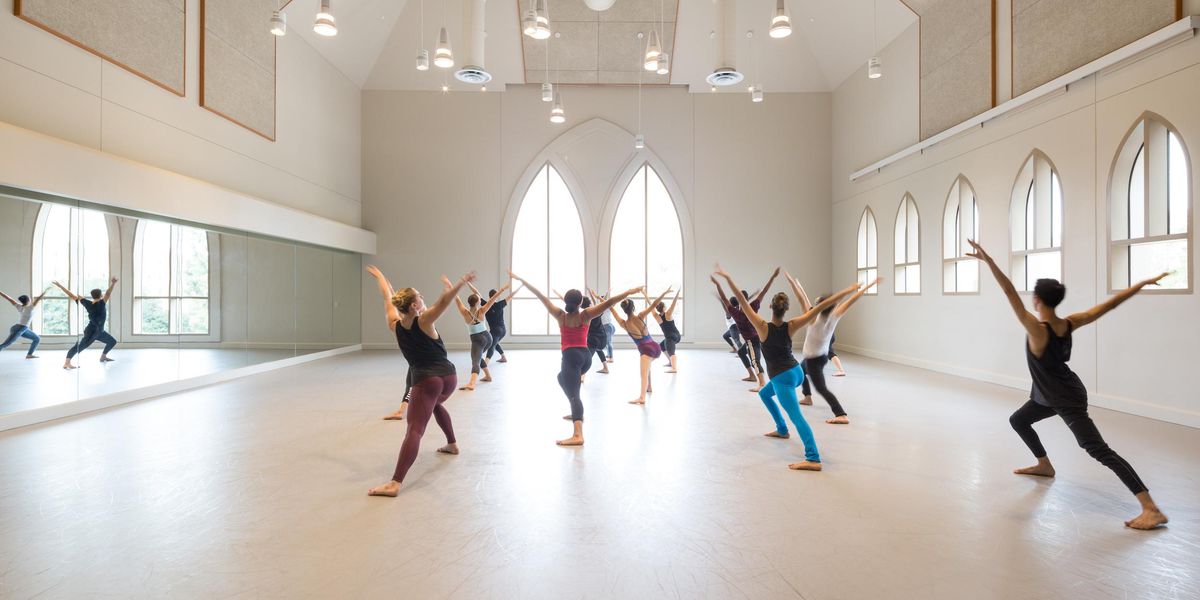Robert Battle's Advice for New Pros
Your first dance job can be exhilarating. And terrifying. Those initial few weeks especially can feel like an obstacle course of incredible opportunities and narrowly-avoided mistakes as you navigate the nuances of a company life. It’s a process that many recent grads are just getting to know as companies rev up for their fall seasons.
A few months ago, I spoke to Alvin Ailey American Dance Theater artistic director Robert Battle, who’s a member of Dance Magazine‘s advisory board, about this for our August issue. I was only able to use one of his tips in the magazine, but he had so much great insight that I wanted to share the rest of it here.
Robert Battle, photo by Jayme Thornton
On the speed of rehearsals:
“The lack of time to rehearse can be a shock. A company—even if it’s very family-oriented like Ailey—is a business. In school you have weeks to develop the character, the style. But in a company, it’s like, Boom! You just have to pick it up and then you’re onstage. You have to be efficient.”
On working outside of “work hours”:
“You’re on the clock during rehearsals, but this kind of work is not about the clock. You gotta do your homework to be prepared, whatever that takes. For students a choreographer will take the time to review the work the next day. But in a company that doesn’t happen. They just turn on the music and see what you’ve got.”
On getting to class:
“Nobody’s forcing you to take class anymore. After years of being told, You have to do this, You have to be there, dancing takes much more personal responsibility. It’s both difficult and liberating. ”
On keeping your job:
“You’re still auditioning. Getting a contract can sometimes be a matter of luck: Maybe everybody else who showed up wasn’t what the choreographer was looking for. Now you’re really being scrutinized. Most directors question their choices for awhile, maybe even a year. They’re reassessing, asking themselves, Did I make the right decision?”
On reading the room:
“Figure out who the director or choreographer looks to when they’re creating or problem-solving or just need the counts. Maybe that person deconstructs what the director’s asking for. Or maybe that person is jovial and the director needs that when he’s stressed. Try to imitate whatever that person has. That way, you’ll quickly secure a place within the company that feels irreplaceable, you’ll more quickly be able to read a director—because they are all insecure. That sensitivity from a dancer is golden. When I was working with David Parsons, I figured out that when giving a phrase, he wanted to see you adding to it, enhancing it in some way. If you have an inability to read the room, you’ll just sort of be ambient sound to the choreographer.”
On seeking a mentor:
“Find someone who’s been there a long time, who’s level-headed, and ask them questions. I’ve always sought out someone who knows more than I do.”





